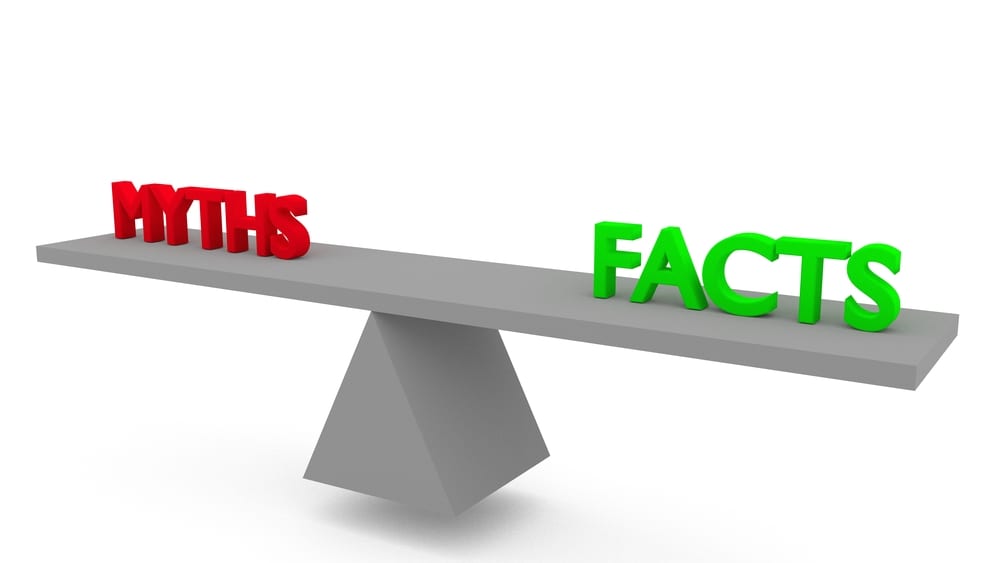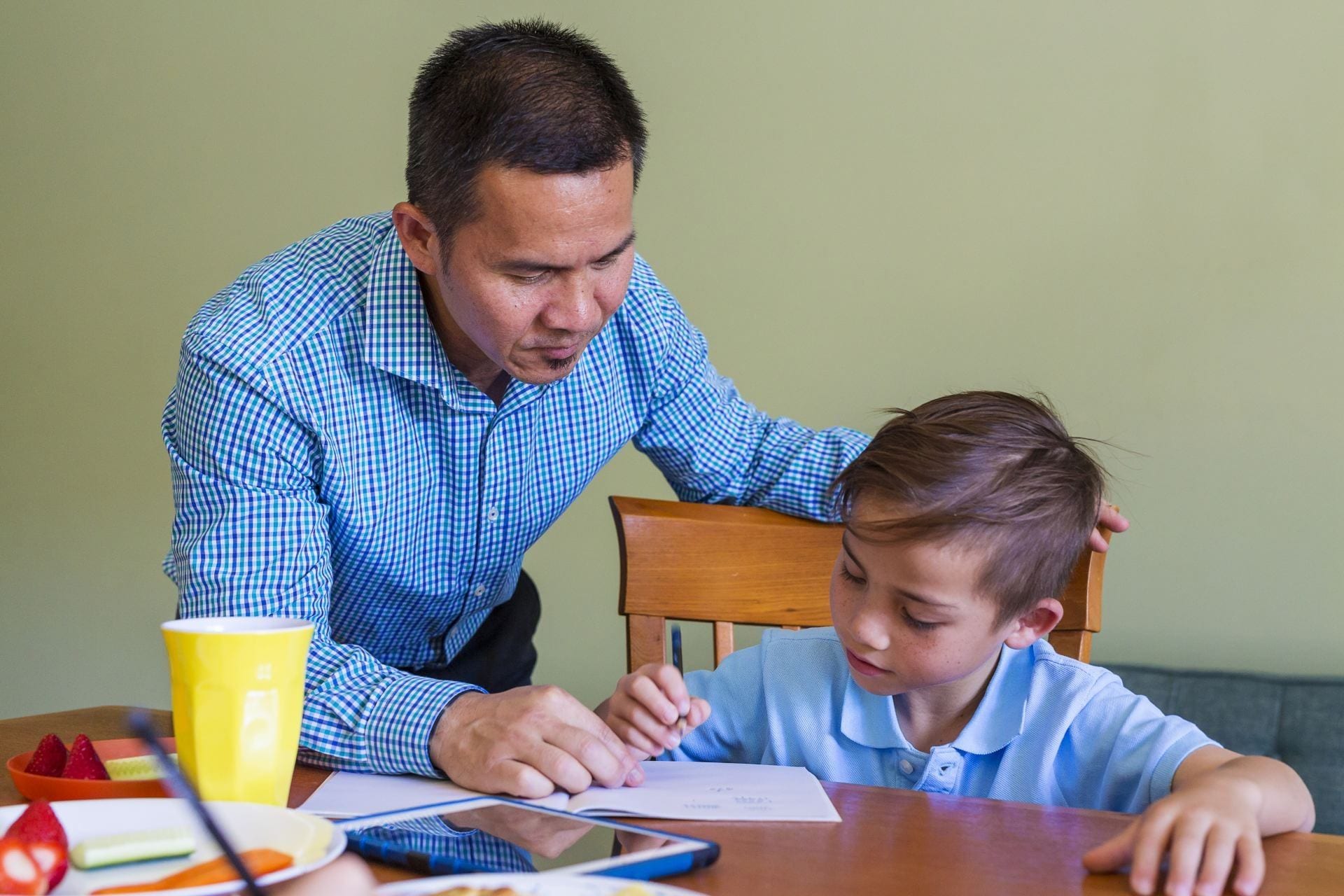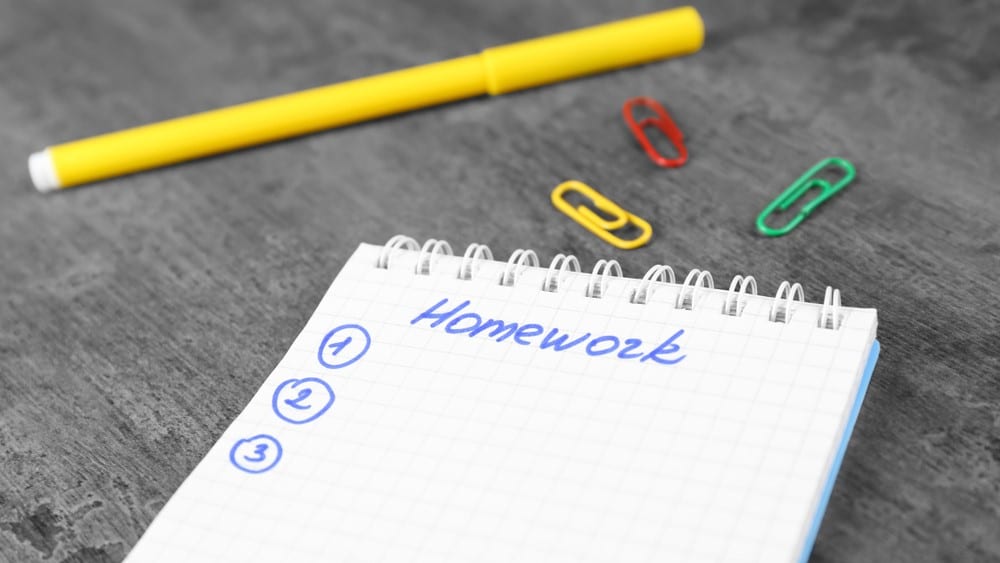Numeracy at home
Find information, advice and activities for families to help their child’s numeracy learning at home.
Welcome and Introduction
You can find information and advice here that will:
- help your child to learn mathematics and numeracy at home
- explain the difference between numeracy and mathematics
- identify and address some common myths about mathematics
Families will find helpful suggestions on activities that have a numeracy focus that they can participate in together, along with a number of resources that they can access to develop numeracy understandings.
Why is numeracy important?
Numeracy is the ability to understand and use numbers, shapes and other mathematical ideas in everyday life.
Numeracy is more than numbers. It involves using mathematics in all aspects of life.
Practical everyday activities at home involve numeracy, such as;
- telling the time
- cooking and
- setting the table
Numeracy also involves:
- the ability to recognise and use shapes,
- working out the chance of something happening, and
- interpreting the data we view in the media.
Find out more about numeracy and the difference between numeracy and mathematics
Sandi McGeagh, an experienced kindergarten teacher, offers advice to families to capitalise on children’s interests in the video below
Reflective Prompt
What are some everyday activities that you and your family engage in where mathematics is useful and/or necessary?
Would you consider yourself a ‘numerate’ person?
Busting some common mathematics myths
Ideas to help you reflect on your own beliefs about mathematics and challenge common myths.
How can I help build my child’s numeracy?
Find out about your important role in fostering your child’s numeracy learning and explore ideas and resources to help you.
Helping with homework
Learn about the context that homework is set in and how to help with homework in a way that will maximise your child’s learning.
Fun numeracy activities to share at home with your child
Ideas and resources to help you and your child find opportunities to learn numeracy all around you.
Reflective Prompt
What are some everyday activities that you and your family engage in where mathematics is useful and/or necessary?
Would you consider yourself a ‘numerate’ person?
Tips for Families
Want to help develop your child’s understanding of mathematics and numeracy? Would you like some examples of what you can do at home? You’ll find some helpful tips in the random generator below.




